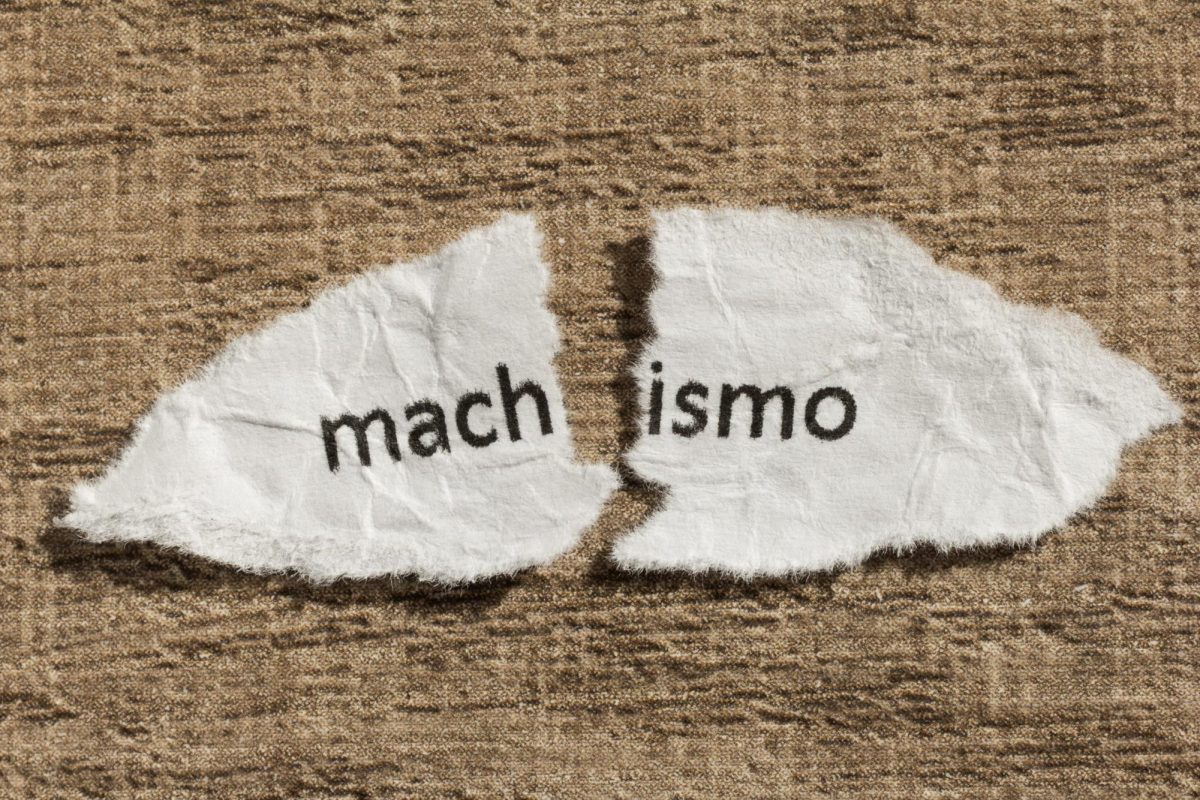Machismo, a cultural construct often associated with traditional gender roles in Latino communities, has long been an ingrained part of Latin American and Hispanic culture. Rooted in ideals of male dominance and authority, machismo promotes a rigid view of masculinity, often linking strength, control, and emotional stoicism to manhood. However, as Latino communities evolve and face modern challenges, many are beginning to question whether machismo is a harmful force—particularly for young men and women.
In a recent Pew Research survey, Latinos in the U.S. spoke candidly about the negative impact of machismo on their lives and relationships. This article will explore why machismo is harmful to Latino men and women through a series of personal perspectives, including the voices of a Yonkers janitor named Jorge, a Puerto Rican young woman named Sali, and a Latina named Gianna who shares her painful experience.
For Jorge, an older janitor from Yonkers who grew up in a traditional Latino household, machismo is deeply ingrained in the way he was raised. “Machismo is what I was raised on, so it is the way for our culture,” Jorge says. For him, machismo was never questioned—it’s the blueprint for how men should act. Raised in a patriarchal environment, Jorge believed that the dominant role of men was not only expected but necessary for the stability of his family and culture.
Jorge thinks the world is getting “too soft” these days, especially among Latinos, and that machismo needs to be implemented to put more order and more toughness into a generation he thinks refuses to “work hard” and don’t care to “do the right thing.”
The shift away from machismo is particularly important for young Latinos, especially as more Latino women and men alike speak out about its negative consequences. Sali, a Puerto Rican woman in her 20s, argues that machismo is a form of social conditioning that harms not only women but the men who subscribe to its ideals as well. “Machismo is horrible for our Latino men because it engages them in toxic behavior,” she says.
Sali’s point reflects a larger societal shift where many young Latinos are beginning to see machismo as outdated and damaging. As traditional gender roles change in a modern, globalized world, the strict expectations placed on men within the framework of machismo become more and more at odds with progressive ideas of equality and emotional health.
The consequences of machismo are not just emotional or societal—they can be physically and violently damaging. Gianna, a younger Latina woman, shares a painful personal experience. “My boyfriend beat me because of machismo culture,” she reveals. This chilling account highlights how machismo can lead to abusive relationships, where men believe they have the right to dominate women physically and emotionally. In Gianna’s case, the cultural pressure for men to exhibit control over women led to domestic violence—a direct consequence of the toxic masculinity propagated by machismo.
As more people like Jorge, Sali, and Gianna speak out, it’s clear that machismo is no longer seen as a virtue but rather as a toxic force that harms both men and women. The Pew Research report, which reflects a growing awareness within the Latino community, found that many Latino men and women are eager to redefine masculinity in healthier, more positive ways. They acknowledge the value of family, strength, and resilience, but also emphasize the importance of compassion, respect, and emotional expression—traits often suppressed under the weight of machismo.
Machismo may have once been seen as a cornerstone of Latino identity, but as the community evolves, it is clear that this outdated notion of masculinity needs to be confronted and dismantled.










